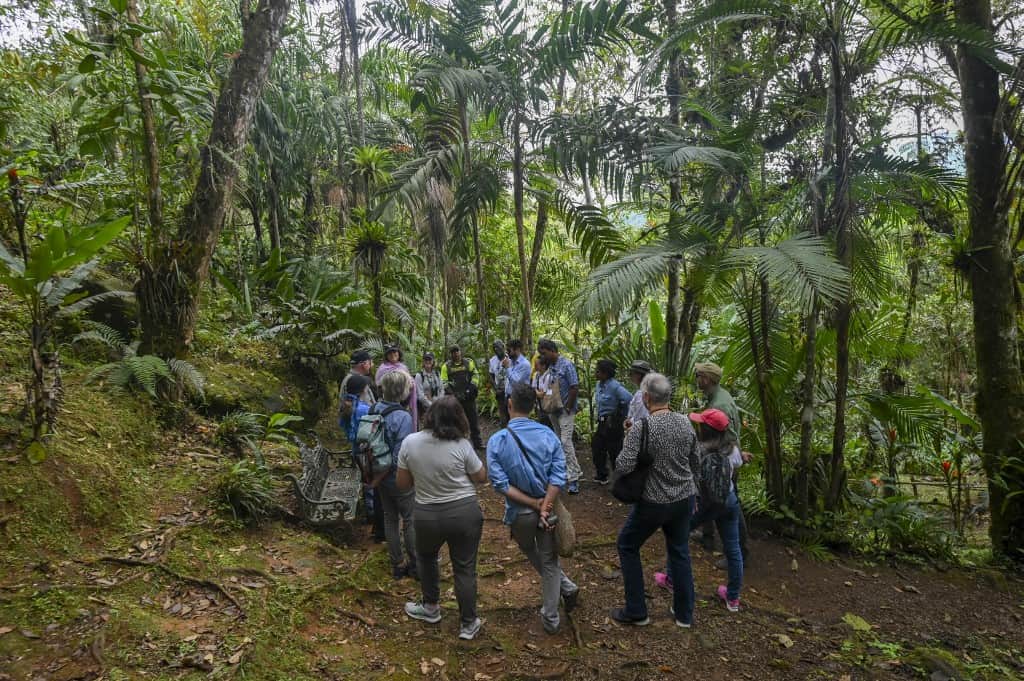Biodiversity conservation was central at COP16, the global climate conference where nations gathered to address urgent environmental priorities. For Costa Rica, conservation has long been a critical focus. One of the primary goals reached at the event was to restore the integrity, connectivity, and resilience of ecosystems and biodiversity, halt species extinction, and maintain genetic diversity.
According to the United Nations, one million species are currently at risk of extinction—a rate 100 times faster than the natural extinction pace. The disappearance of some species, such as bees, has visible consequences: without bees, many plants remain unpollinated, reducing fruit production and impacting food systems. Every species plays a unique role in maintaining a healthy ecosystem.
The global biodiversity crisis reveals itself in multiple ways, including an increase in endangered species, invasive species spread, overexploitation of fish resources, and loss of ecosystem connectivity. In response, Costa Rica has made significant progress in meeting the goals of the Kunming-Montreal Global Biodiversity Framework, which aims to conserve ecosystems and their interconnections.
Among these advances, Costa Rica presented an updated study on “conservation gaps”—areas that are unprotected or underprotected, which could be prioritized for expanding existing protected areas or establishing new biodiversity zones.
Due to its geographic location between North and South America, its neotropical climate, and its diverse ecosystems, Costa Rica ranks among the top 20 countries with the highest species diversity, hosting about 6% of the world’s biodiversity. The country is also located within one of the planet’s 36 biodiversity hotspots.
A biodiversity hotspot is a region with high species diversity, including many endemic species found nowhere else. Unfortunately, these areas face serious threats from ecosystem degradation, land-use change, and climate change, with over 70% of natural habitats lost. This makes hotspots like Costa Rica a global priority for conservation.
As Costa Rica advances its conservation strategies, the inclusion of local and indigenous communities remains essential. Their extensive knowledge of the land and dedication to sustainable practices are critical for preserving natural resources and adapting to climate change. Community involvement ensures that conservation efforts are sustainable, benefiting both biodiversity and local ecosystems.






